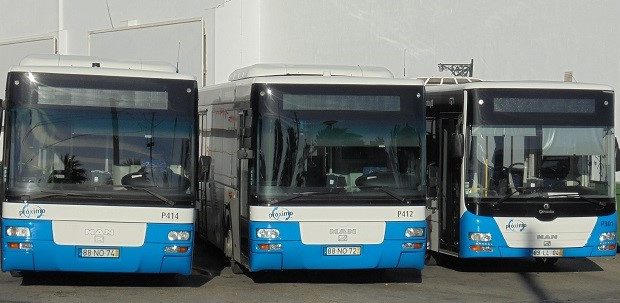Corona shuttle – The Nation
Yet again, to tackle COVID-19 and make the Lagos grassroots safe from the virus, the government of Lagos State just pushed out new rules, concerning public transportation in the state. If well implemented, they could drastically but positively impact on the lifestyle of the state’s most vulnerable, even after the Coronavirus pandemic.
As part of the new regime, the Lagos State Ministry of Transportation has ordered every driver and conductor of public buses, including the yellow mini-buses notorious as unfazed road outlaws, to wear hand gloves and face masks. On their own parts, passengers are also expected to sanitize themselves before and after each trip.
To avoid over-crowding in public buses, every bus must now run at 60 per cent passenger capacity. This is to comply with the Nigeria Centre for Disease Control (NCDC) advisory that people stay at least two metres (five feet) apart to avoid contracting the virus.
Towards this end, standing has been banned in all Bus Rapid Transit (BRT) and Lagos Bus Service Ltd (LBSL) buses. In these two categories of buses, the air-conditioners (which could help to spread Coronavirus) are to be switched off. The no-standing order also affects other private buses that ferry commuters in the state.
To all motor parks, these new instructions, from Dr. Fredrick Oladehinde, the Lagos State commissioner for Transportation: “All transport operators/companies are expected to have at the entrance of their respective parks/garages hand-washing equipment with soap and running water. All operators are expected to have alcohol-based sanitizers in their vehicles for the use of drivers, conductors and passengers.”
These are all welcome initiatives. Even after the COVID-19 pandemic is over, some of these measures, particularly those that keep motor parks/garages clean and healthy must be retained. That would prevent common diseases, and save the state public health system a lot, since many of these diseases would simply be prevented.
Still, the crunch is in efficiently and effectively implementing the measures, which are a radical challenge to the sloppy lifestyles of a lot, if not the bulk, of the target people. It would be quite refreshing to see Danfo drivers and conductors, often clad in dirty clothing, and sometimes reeking of alcohol, observe the new stringent regimes.
Nevertheless, the economics of wearing masks and gloves would be quite interesting. In a dusty and sweaty environment, how long can these gloves and masks be worn, without them becoming agents of germ transmission? The government should have rigorous answers to such queries, and adequately inform the transport owners and unions. Who funds the supply of these gadgets? That too should be made clear.
But an unintended but pleasant consequence could be to use this emergency to sensitize and mobilize this crop of public transport workers to imbibe better personal hygiene and public health practices, as they ferry millions of commuters daily, from one part of the state, to another. It could well signify a dawn of better public health awareness among transport workers, as neither buses nor motor parks should be dirt centres to spread infections.
But away from public buses, motor parks and garages, there would appear still a disturbing level of living in denial of COVID-19, expressed as faith and sundry fatalism, among the very poor. Ironically, these would be the most vulnerable to the infection, should it take a turn for the worse.
So, the government needs to target those living in crowded tenement houses, called “face-me-I-face-you”, in the colourful and imitable language of Lagos. This specific programme should disperse information and enlightenment, on how to prevent cropping the virus, as well as securing residents’ buy-in, in following more stringent public sanitation demands, to ward off infection.
These indeed might be perilous times. Still, it is as good a time as any to ramp up personal hygienic practices, as well as developing a community-based vanguard to curtail the spread of COVID-19 and after it all, birth a cleaner and more hygienic Lagos, robust enough to prevent the spread of sundry infections.




